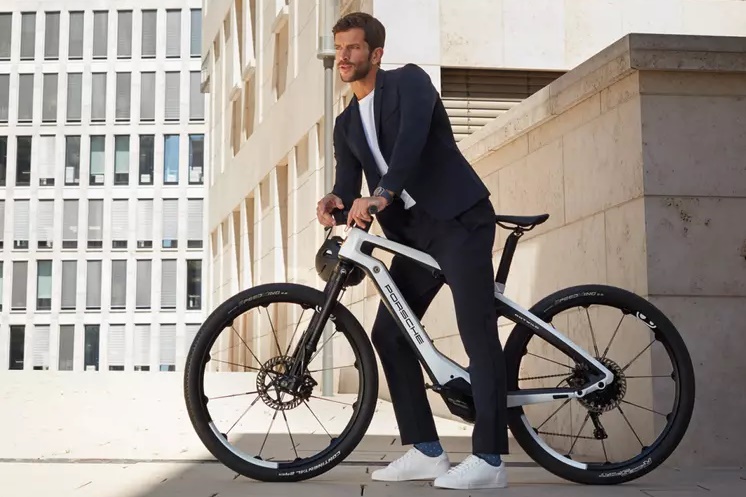Global carmakers are penetrating the electric bicycle market. Along with their push on curbing congestion, they take advantage of its value as a test bed for the future technology of electric vehicles while rounding out their e-mobility portfolios.
Both ebike s and EVs have motors and batteries as their core parts, and also shared parts of their design structure. This gives carmakers a great leg up in the e-bike market, which is still in its infant stage with no clear market leader.
“When the finished carmakers diversify their e-mobility portfolios, they can easily cement their reputation as total mobility solutions providers and clinch more investment deals – similarly, carmakers are launching last mile mobility services and Urban Air Mobility business to transform as the global trend of gasoline cars are shifting towards electrified models,” said professor Kim Pil-soo of automotive engineering from Daelim University, as reported by Korea Herald / The Investor.
Market data showed that the global e-bike market would grow to be worth $25.9 billion in 2025, making at least 10 percent annual growth from $14.4 billion in 2019.
Porsche is planning to set up two joint venture companies by joining hands with Netherlands investment firm Ponooc to produce high-performance ebike and develop micro-mobility technology. Mercedes-Benz, BMW, and Jeep are also producing e-bikes that are priced between 1,000 to 10,000 USD.
Rivian, which started as an EV startup is also seeking to launch e-bikes after re-registering its trademark rights to also include e-bikes.
Market insiders viewed that Hyundai Motor Group is also closely looking into the e-bike market as it has shown constant interest and made investments in the micro-mobility sector in recent years as reported by Korea Herald on 4th August 2022.
Japan was a prime market for eBikes. Yamaha and Panasonic are global component suppliers for decades. Honda is now jumpstarting plans to develop electric mopeds for India.
